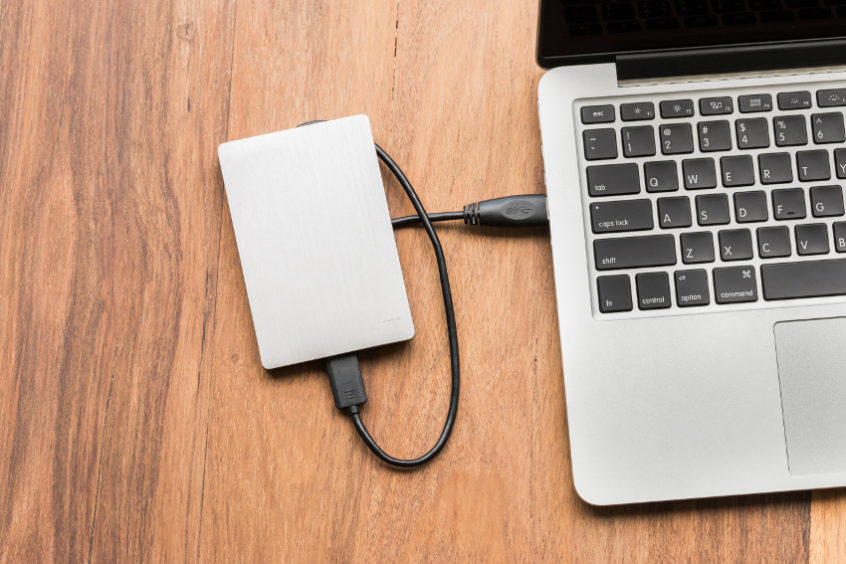
External Hard Drive Care
Hard drives are sensitive, easily damaged parts of your computer that are absolutely necessary to keep it functioning the way it should be. Even external hard drives can easily be damaged, leaving you with lost or inaccessible data.
On the other hand, if you are cautious and careful with this fragile equipment, your internal and external hard drives will last for years!
Today, let’s just focus on how to best care for your external hard drive. Here are a few tips and tricks for making it last as long as possible and saving you the hassle, time, and money that comes with replacing a damaged one.
1. Reduce the Risk of Physical Damage
This may sound like an obvious one, but physical damage is one of the most common culprits of external hard drive damage. Protect the life of your hard drive by handling it carefully, taking precautions when transporting it or traveling with it, not bumping or hitting it, and certainly not dropping it. These things could damage or destroy your drive beyond repair, leaving you with lost data.
2. Be Cautious of Temperature
High temperatures are also a quick killer of hard drives. Keep your external hard drive in a cool room with temperatures that are appropriate for its model. If you unsure what that temperature is, contact the manufacturer for appropriate storage information. Never store your hard drive in a hot attic, closet, or garage. The elements will surely destroy it if the high temperatures don’t get to it first.
3. Don’t Power Off Your External Hard Drive too Often
If you are leaving for the weekend, it’s totally fine to shut down your computer and power down your external hard drive. But if you’re just stepping away for lunch, or heading home for the day to return in the morning, it’s best to leave your computer and your external hard drive powered on. Too much off an on can really wear down your drive and cause more harm than good.
4. Use a Surge Protector
A surge protector will protect both your computer and your external hard drive from power surges, which can cause serious damage to electrical devices. Using a surge protector will help reduce or eliminate damage to your hard drive and computer in the event of an unexpected power surge.
5. Use Caution When Traveling with an External Hard Drive
While a commercial flight certainly won’t do any damage to your external hard drive, you’ll still want to invest in protective cases to ensure that it stays safe through the unloading and loading of all your baggage. If possible, carry your hard drive(s) in your carry-on luggage to avoid physical damage from drops and rough baggage treatment.
Have any other great tips for taking care of your external hard drive? Leave a comment below. Otherwise, browse the ProStorage blog for more archiving and data storage tips and tricks.
